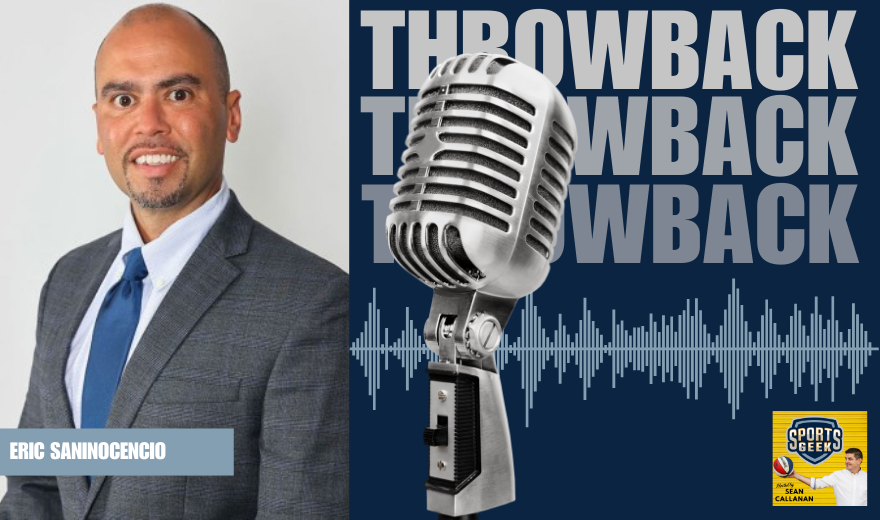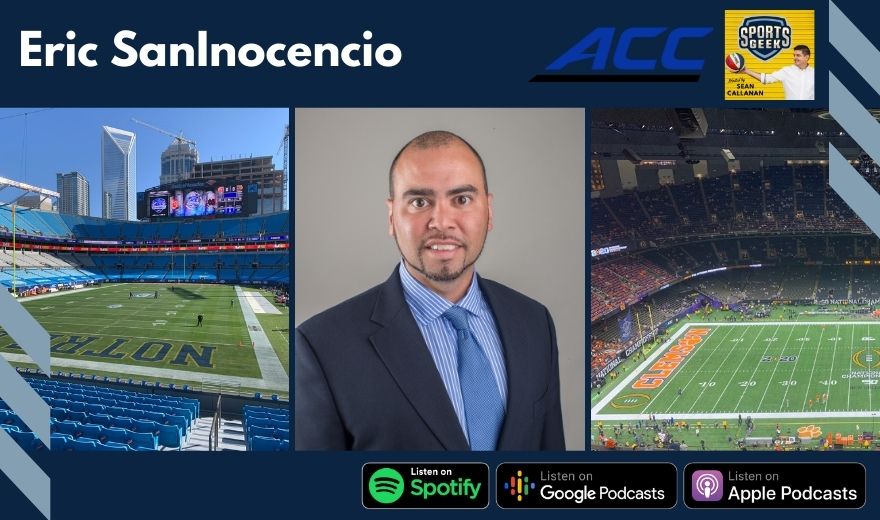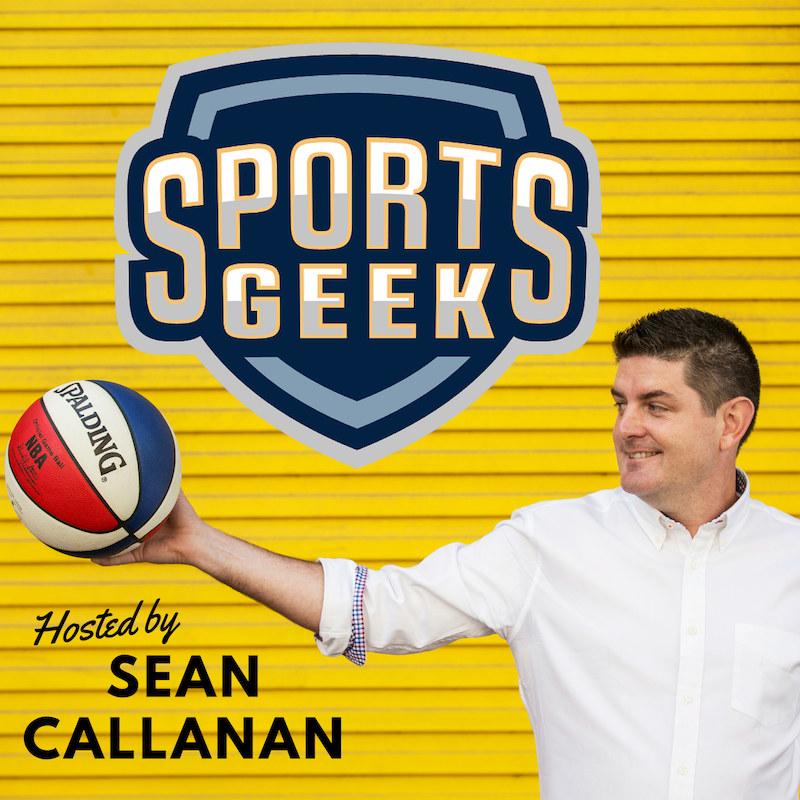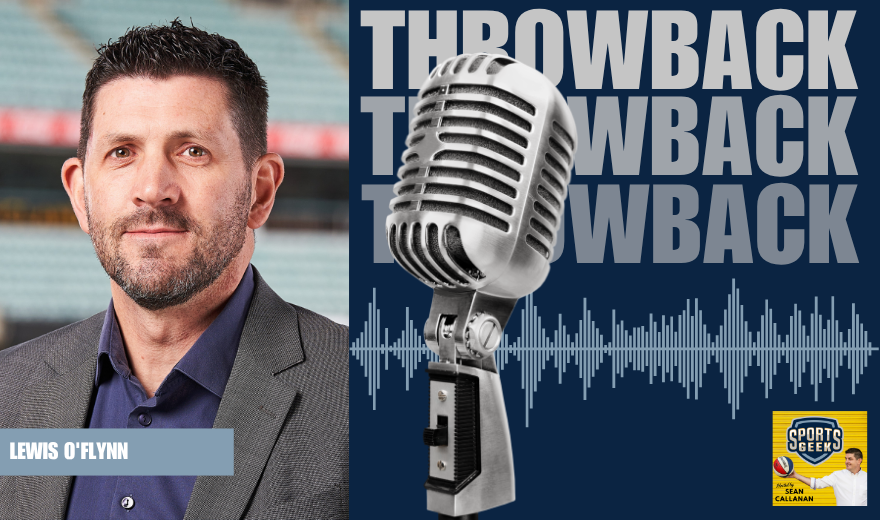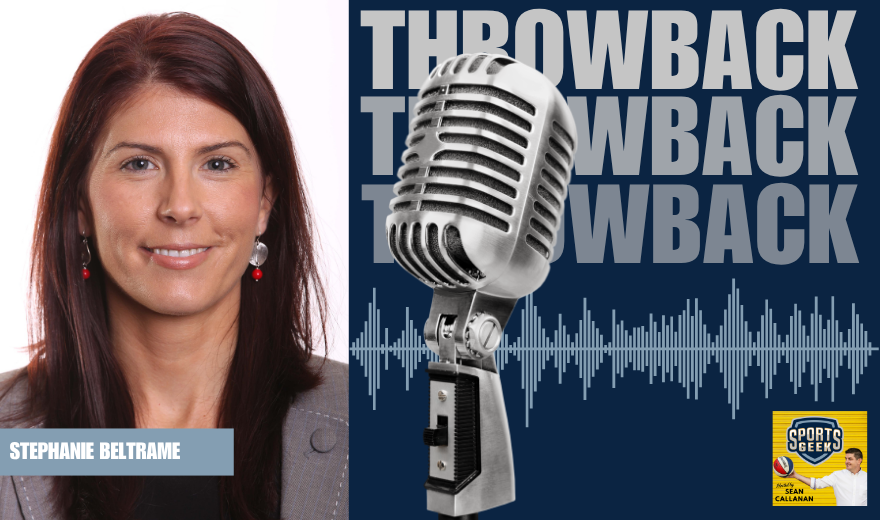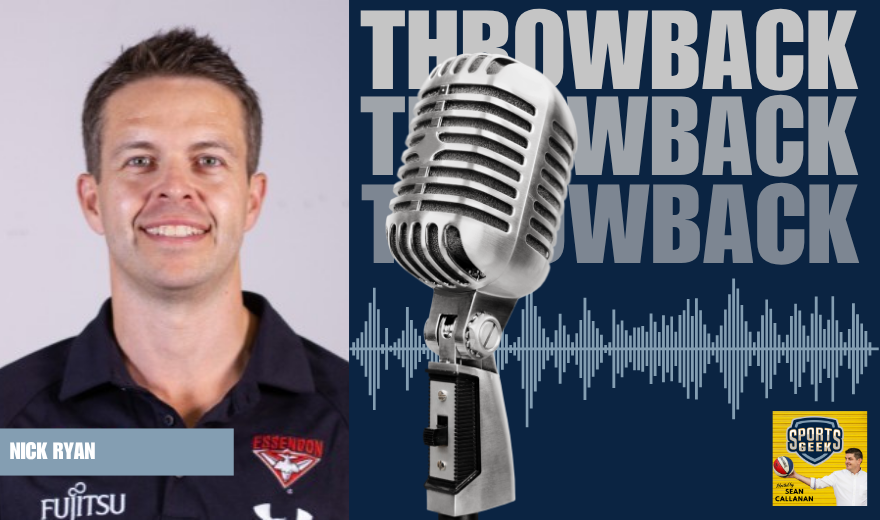This transcript has been lightly edited by AI
Sean: And then, you've moved back to the college ranks. You're a social commissioner, strategic digital media at the Atlantic coast conference. What does that role mean? And what's your part of your remit at the ACC?
Eric: For me, it was an amazing opportunity to start something from scratch. At the college conference level, there's really not a position like mine in place yet. College usually trails the pros by a couple of years. I think my role will become more prevalent in college soon, but they came to me and said, “We know this matters. We know it's important. We really don't have anybody overseeing it. And we don't have anybody that's a liaison or conduit to the schools in our league.”
As a natural teacher and coach, it was fun to get in a room with Miami or Virginia Tech and ask them questions. Most of these people running accounts were either elevated videographers that did a great job, or they worked as photographers or great Photoshop skills creators. Now they're suddenly being tasked with running an organization for social. These are two different skill sets: managing and doing. It doesn't mean you can't have both, but they're different.
I've spent a lot of time helping them organize. What does your staff look like? They all say, “I need more resources.” Well, what resources do you need? How are you tied into your marketing group? What we've learned over the past 10 months is that digital really matters. It's becoming the first touch point for engagement with fans and for revenue generation outside of live events. When you don't have them, you've got to go to digital.
Now that their bosses, their athletic directors are more aware of these things, when they come to you, do you have a plan in place? Can you show them something that lets them know this department's not run on a whim, but by a process? Here are the goals we have. Here's what we're tracking analytically. I've spent a lot of time setting that up and also organizing the technology for the league. For big events like the basketball tournament or our football championship game, how are we using technology to make those events better?
I think there's never been anybody like me in the room before. We're not reinventing the wheel, but just by being in the room, we can make a difference. For example, ticketing went all mobile in 2019. At our event, it was all mobile and they were nervous. I reassured them, having done this with the Texans in 2015. But then we addressed other challenges they faced, like slow wait times to get into the stadium because everybody went to the same entry point. I suggested we could fix that with geo-targeting, telling people which gates had shorter wait times. The following year, we had about 50 percent of our arena filled an hour before the game. That's a big win for us.
Technology is a problem solver. I think most people think of social and digital as your Twitter feed or Instagram feed, but really it's more than that. It's the ability to solve business problems. I keep trying to hammer that home with our group. If you have a problem with your vendor, ticketing, NIL, or compliance, these are all digital issues. How can we help you? That's how I've tried to position it and teach the schools something similar so they can extend that to their campuses.
Sean: Digital is vital because if your digital team is just seen as a resource that does this or that, and you're just a head count not solving problems or driving revenue and being part of the bigger solution, then it's really hard for a digital team to grow. And it needs to, because the touch points are so many, and it's not just the comms and the content. It can drive more people into a stadium and those kinds of things. But those are the outcomes of digital that sometimes are hard to make connections with. As a digital team, you need to be pushing yourself in that way.


